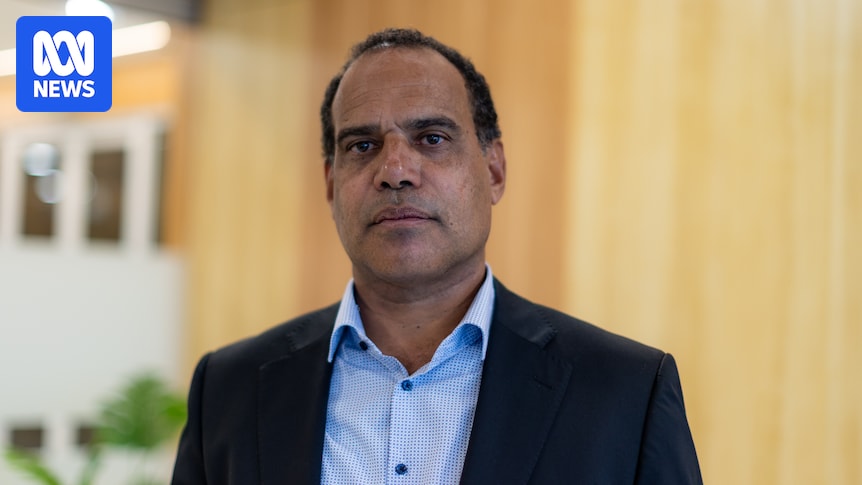
Climate Change Minister Chris Bowen has defended Australia’s newly announced 2035 emissions reduction target amidst criticism from Vanuatu’s Climate Change Minister, Ralph Regenvanu. Regenvanu expressed concerns over Australia’s commitment to reducing emissions by 62 to 70 percent, suggesting a more ambitious target of 75 percent was necessary.
In a recent interview with ABC Radio National Breakfast, Bowen responded to Regenvanu’s remarks, emphasizing the ambitious nature of Australia’s target. He highlighted that the target would require Australia to eliminate its transport emissions twice over the next decade. Bowen noted,
“The Pacific island ministers I’ve spoken to have indicated to me they recognize how ambitious this is.”
He further compared Australia’s target to Europe’s, which is considering a 63 to 70 percent reduction, positioning Australia among the most ambitious countries globally.
Broader Reactions and Political Context
The announcement of the emissions target has sparked a range of reactions both domestically and internationally. While Bowen insists that the target aligns with global efforts, some critics argue it falls short of necessary action to combat climate change. Health Minister Mark Butler defended the target on Channel Seven, asserting its consistency with scientific advice and its potential economic benefits. He stressed the need for a strategic transition away from fossil fuels as coal-fired power stations near the end of their operational life.
Meanwhile, Liberal Senator Jane Hume criticized the target, suggesting it could impose financial burdens on taxpayers without achieving significant emissions reductions. She labeled the government’s National Climate Risk Assessment as “alarmist” and urged a focus on reducing energy prices.
Impact on Agriculture and Industry
The agricultural sector has also expressed mixed feelings about the target. Sophie Nichols, a fourth-generation cattle farmer from Singleton, NSW, voiced concerns about the lower end of the target range, fearing it could expose farmers to severe climatic events. Nichols remarked,
“The lower end really does put particularly farmers at risk of devastating climatic events.”
Bronwyn Petrie, chair of NSW Farmers’ Conservation and Resource Management Committee, echoed these concerns, emphasizing the need for government support in the sector’s transition.
Petrie highlighted the significant contributions farmers have made towards emissions reduction under the Kyoto Protocol, stating,
“If it wasn’t for the farmers … Australia would have never met those targets.”
She urged the government not to place additional burdens on the agricultural sector without adequate compensation.
International Criticism and Future Implications
Ralph Regenvanu’s criticism underscores the broader international scrutiny Australia faces regarding its climate policies. Regenvanu pointed to Australia’s high per capita emissions, arguing that the country must do more to address its global environmental responsibilities. He also criticized the government’s decision to extend the life of Woodside’s North West Shelf gas plant, calling it a step in the wrong direction amidst the climate crisis.
As Australia navigates its path towards the 2035 target, the government faces the challenge of balancing economic growth with environmental sustainability. Bowen emphasized the importance of a careful transition, particularly in the energy and transport sectors, to ensure the continued uptake of electric vehicles. He stated,
“The introduction of any road user charge must not disincentivize the uptake of electric vehicles.”
Looking ahead, the federal government will need to address these criticisms and work collaboratively with both domestic and international stakeholders to achieve its climate goals. The coming years will be crucial as Australia endeavors to meet its emissions reduction commitments while fostering economic resilience and environmental stewardship.






